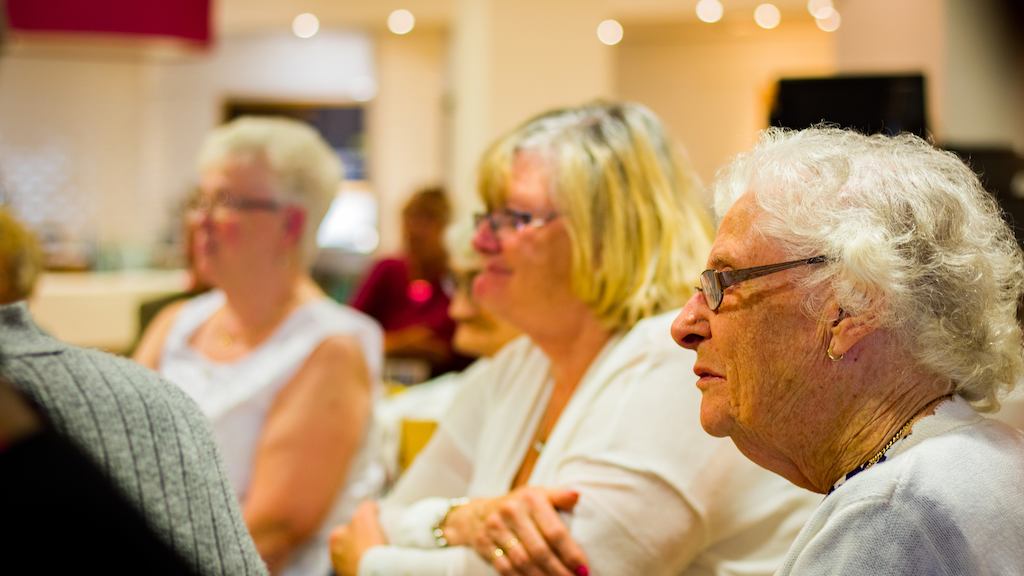Psychologists have long known that we prefer to take our benefits now rather than have them at some future date and that conversely, we like to defer costs to the future rather than incur them now. In health terms, this translates to us choosing cake today over the prospect of good health tomorrow. Information alone is not always enough to counter this strong innate preference. It tends to be differentially acted upon by people with more agency and has little or no impact on those with the lowest healthy life expectancy.
The recent Prevention Green Paper signalled a move towards more intelligent public health services that will stratify the population to identify those most at risk of ill-health and provide focused, personalised support to help them act on information and take the steps necessary to protect and prolong their health.
More fundamentally we also need population-level actions to reduce our reliance on conscious choice. Two successful examples of this approach are the mandatory traffic-light food labelling system and the soft drinks industry levy, both of which have encouraged food manufacturers to reformulate their products and make them healthier. Other examples that are supported by evidence are making stairs more prominent than lifts in buildings and reducing the density of fast-food outlets in high streets, both of which influence our behaviour on a subconscious level.
However, there is another cause of the disparity in healthy life expectancy that runs far deeper than the environment in which we live out our adult lives. Research has shown that the onset of avoidable health conditions in younger age groups is mediated through long-term exposure to stress from childhood onwards. Children growing up amidst unstable or violent relationships, in unsafe neighbourhoods, in poor housing, or in families experiencing financial insecurity or debt are more likely to adopt unhealthy behaviours and to experience ill-health at an earlier age.
To increase healthy life expectancy for the most disadvantaged, we need to see a comprehensive package of policies and interventions that recognise that health starts in our homes and communities and is the responsibility of society, not just individuals. Our aim at the Centre for Ageing Better is for people to have five more years free of preventable disability, and to reduce health inequality, by supporting healthy lives at all ages.
We may not all be supercentenarians. But we are set to live much longer than our parents’ or grandparents’ generations, and there is much more to be done to ensure that we can enjoy more of those extra years in good health.


